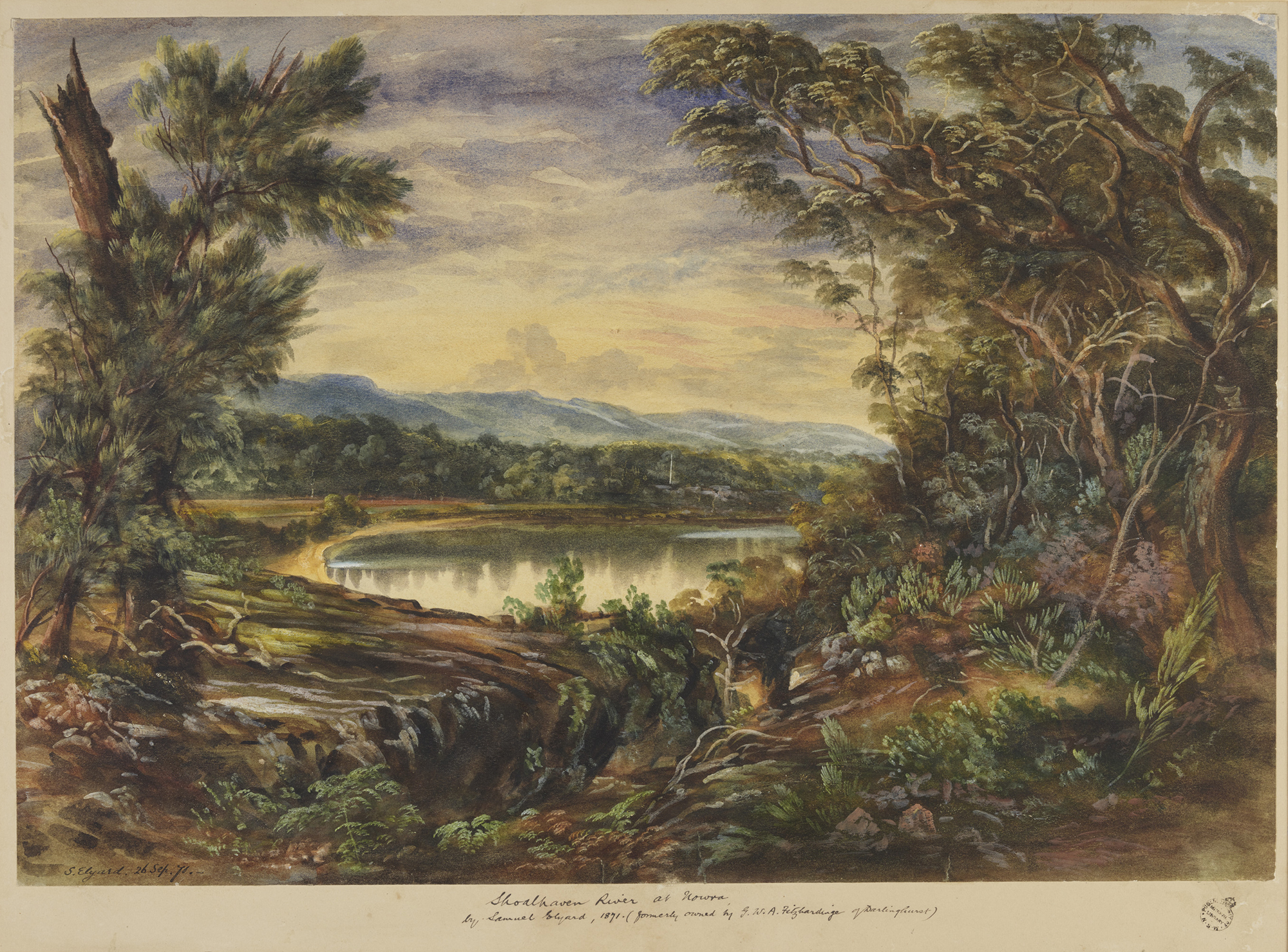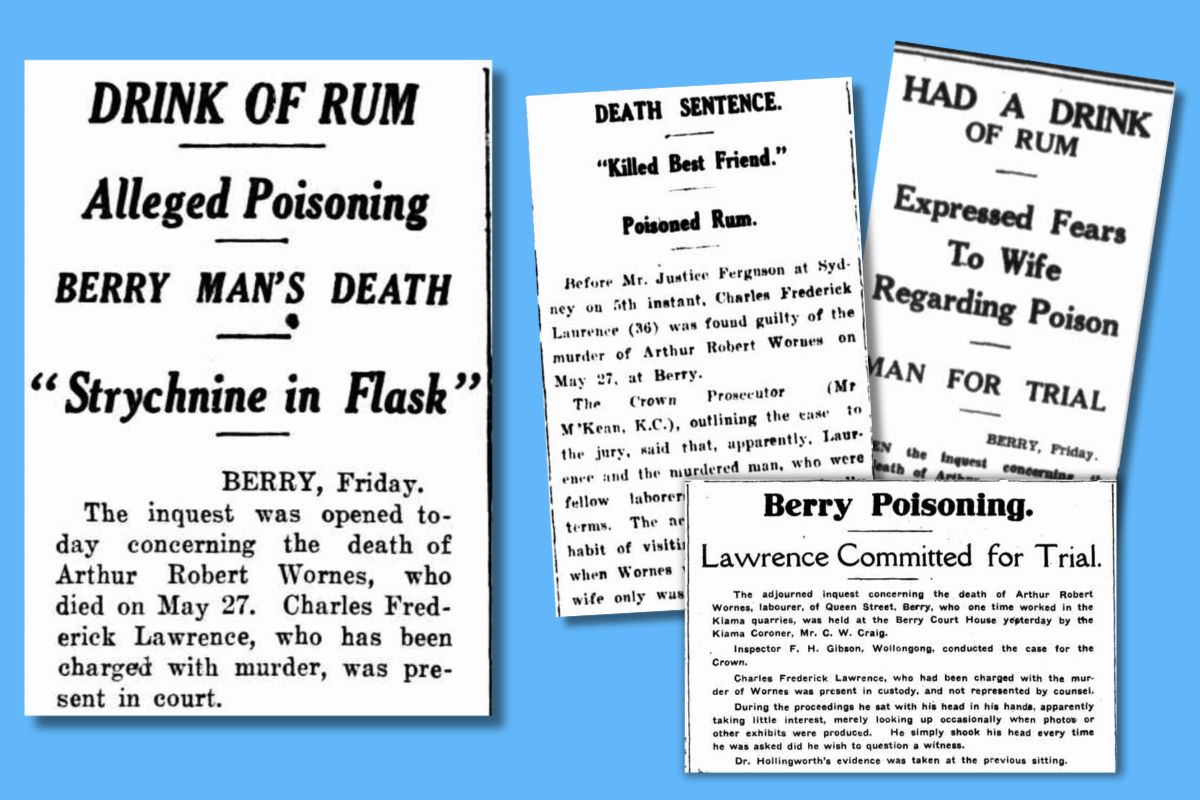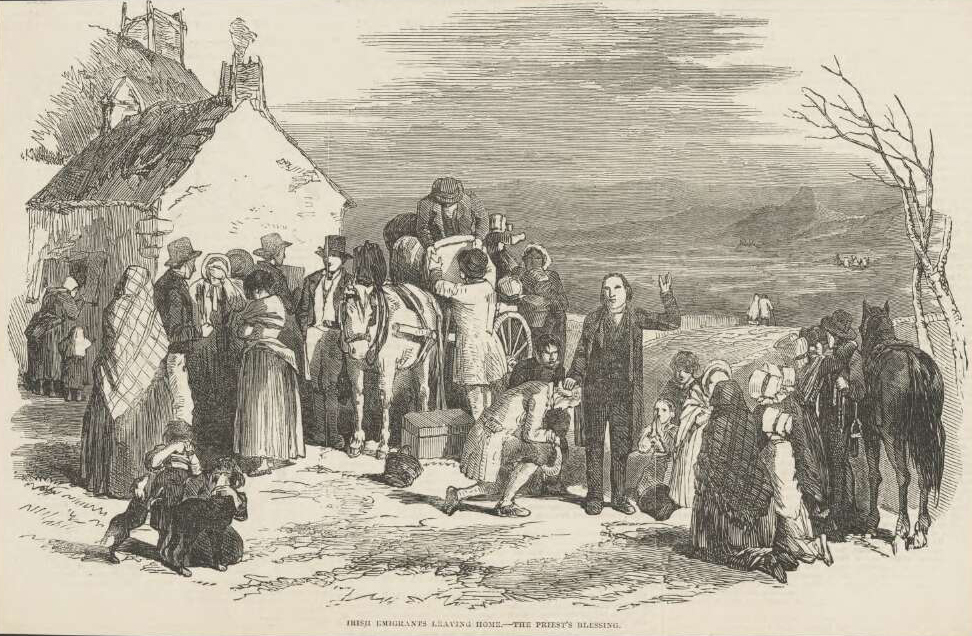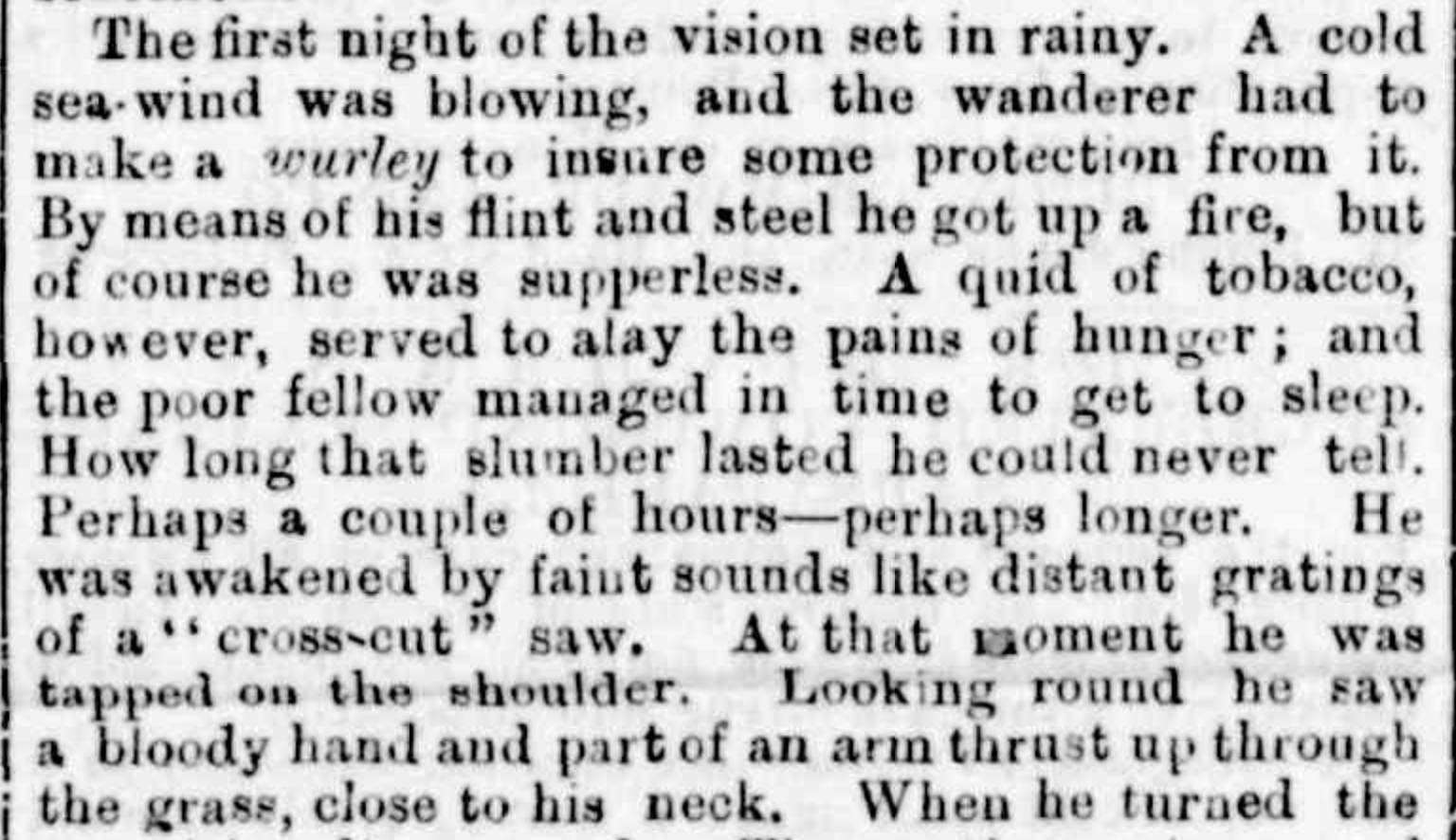
True Crime and Irish History of the NSW South Coast
Like many in the Trove Community, Michael Waples started using Trove for family history research. It was family history research that led Michael to explore the local history of Shoalhaven – the South Coast region of New South Wales – where his family have lived for 140 years.
‘There’s this huge amount of information we found about relatives just from the local papers because anything that happened in the area was written about,’ Michael said.
‘We’ve found things like letters written to the paper from my great grandfather back in the 1800s.’
As a local tour operator, Michael soon turned to Trove to find stories for his local history tours and events. His current focuses? True crime and local ghost stories; and the region’s rich history of Irish migration.

A dark history
Long forgotten by most, Michael has unearthed some of the skeletons in the region’s closet. These stories are retold in some of the true crime tours Michael runs out of the historic Berry Hotel – spooking tourists and locals alike.
Michael said that ‘a lot of the stories are darker than what you could come up with.’
‘It gives you a different picture of local history.’
One chilling tale Michael tells is that of the murder of Arthur Robert Wornes on 27 May 1930. The story has all the hallmarks of a tragedy – a man poisoned by a bottle of rum given to him by his so-called “best friend”.

‘I think the fact that it was poisoning and a hint of an affair, or something like that, it might’ve meant it was too scandalous for people to talk about,’ Michael explains.
‘Charles Lawrence was convicted of the murder after confessing. At the trial, he withdrew his confession and claimed it was forced. We will never know what role Arthur's wife played in the murder.’
The case was widely reported at the time in local newspapers, now available in Trove. Using Michael’s research, we’ve compiled a Trove list of articles that detail the story.
Discover the case as it unfolded.
Irish roots
A little-known fact of the NSW South coast region is its rich Irish history. From the 1850s to the 1880s, a considerable number of families migrated from Northern Ireland and settled in the region between Wollongong and Berry.

‘Chain migration was not uncommon amongst these Irish families,’ Michael advised.
‘One family would come out, then they'd bring their brother out and 10 years later, someone else would come out.’
‘From Kiama down to Berry, there is probably the top two or three highest percentages of Irish immigrants anywhere in Australia.’
Michael has found newspaper obituaries in Trove to be a useful source for tracing back the Irish counties these families migrated from and confirming stories that have been passed down the generations.
Ghost Stories
It's difficult to ignore the correlation between the region's Irish roots and the popularity of local ghost stories during this period.
‘Around the 1850s and 60s there would've been a lot of Irish influence around the area, and people from Ireland at the time believed in the supernatural and fairies’ Michael explained.
Michael shares the story of Ghost Glen, ‘which would've been very, very well-known at the time in the late 1800s. Everyone in Berry would've known about it and then it just quickly died out.’

Read the full Ghost Glen story.
Using Trove, Michael has been able to find other stories that could be linked to the origin of this ghost story.
‘It takes a lot of reading research to find those, but you come across them and think that's around the same era, around the 1870s,’ Michael said.
‘I found an article referencing a local respectable alderman saying he saw someone walk into his room with an axe over his shoulder! You can somewhat see links to the right time and to similar facts.’
Michael has also been surprised by the discovery of poems and songs in Trove that recount some of this local lore.
What the locals have to say
The region’s history isn’t all about the macabre though. In fact, speaking to Michael, it becomes clear that there are strong ties in the community – now and historically.
We spoke a little about some of the troubles relating to differences in beliefs within the Irish community, how this history has been recorded, and the assumptions we make about people in the past.
‘Trove has been a really good source of information to see what was going on at the time, which people just don’t talk about,’ Michael said.
‘Newspapers in Trove give us examples of people sharing their point of view. We’re able to see beyond someone’s official version of what happened.’
‘In the letters to the editor, people tended to say what they thought.’
In reflection, Michael commented that Trove has, ‘completely changed my view of the history of my own ancestors and the local area because it’s got so much information in there of what people were doing.’